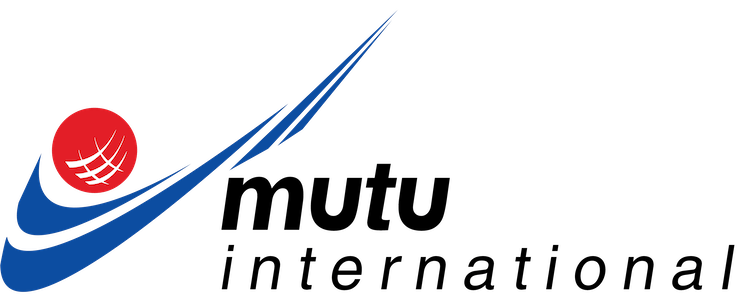Organic food is the holistic management system increasing and developing the agroecosystem health, including the biodiversity, biological cycle and land biological activities by utilizing the materials available in the local location. Organic aggriculture system certification assessment is not based on the end product, but rather on the production process ranging from cultivation to distribution.
In accordance with Indonesian National Standards 6729 : 2016 regarding organic agriculture systems. Implementation of application systems and controls of organic products, regulated in the Indonesian Republic’s Agriculture Minister no. 64/Permentan/OT.140/5/2013 imposed on 30 May 2014.
In accordance with the provisions of Permentan above, all organic products circulating in Indonesia and included organic claim must include Indonesian organic logo. To secure that the product produced is already complying with the organic rules, it is required a process i.e. Certification, constituting one of ways to obtain the acknowledgment of an organic product produced. Mutu Certification International has received accreditation from Komite Akreditasi Nasional (KAN) to implement Organic food certification in Indonesia.
Why is It Necessary to Have Organic Certification?
To secure the food product safe to consume and to increase the consumers trust to the product fulfilling organic requirements.
Benefits of Obtaining Organic Certification
- To secure food product safe and good for health.
- To provide certainty to the consumers to organic label used.
- “Organic” label confirms that the production process does not disturb the environment.
- For easy transaction and to increase consumers trust.
- Giving added value to organic product manufacturers.
- To increase the organization’s opportunity to access the global market through agriculture product free from chemicals, especially pesticide
Certification costs consist of:
1. Initial certification:
a. Pre inspection
b. Inspection
d. Making reports
e. Technical Review and Certification Decision
f. Issuance of certificates
2. Surveillance
a. On-site verification (regular)
b. Report generation
c. Technical Review and Certification Decision
3. Unscheduled inspection (add cost)
Related Document :
- MUTU-4101Kt (1-2) Form Aplikasi Organik (Ternak)
- MUTU-5001K (3-1) Aturan Pelaksanaan Organik
- MUTU-4101K (1-2) Form Aplikasi Organik
- MUTU-4101Kb (2-2) Form Aplikasi Organik (Pengolahan)
- MUTU-4101Kd (2-2) Form Aplikasi Organik ( (Farm)
- MUTU-4101Ki (1-2) Form Aplikasi Organik (JIPO)
- MUTU-4101Kp (1-2) Form Aplikasi Organik (Pupuk)
